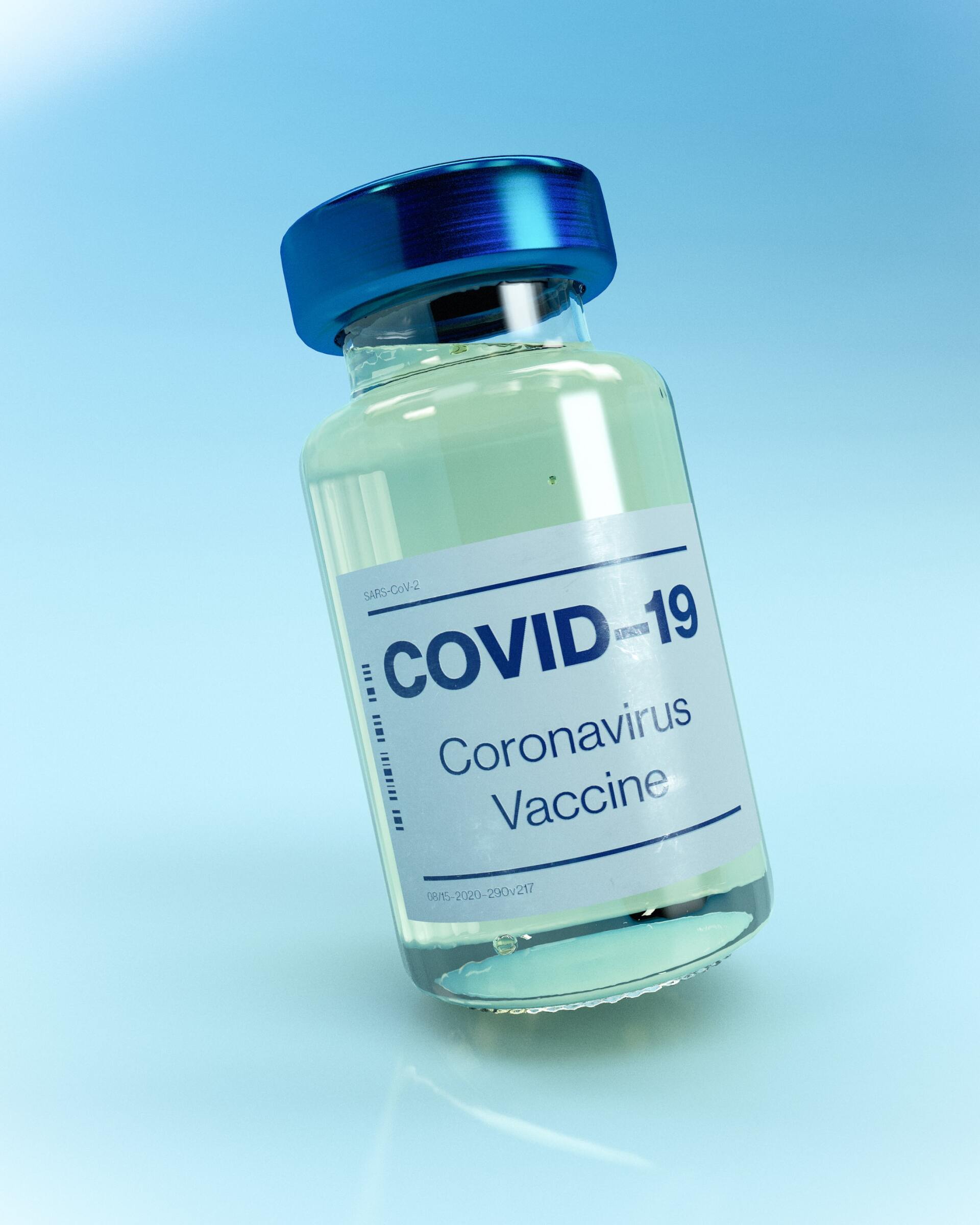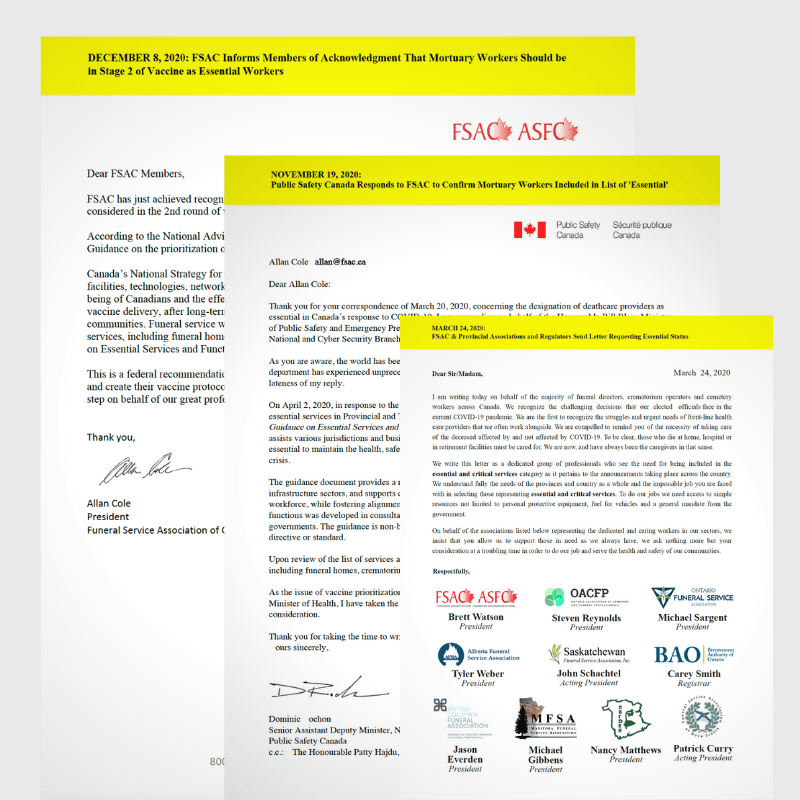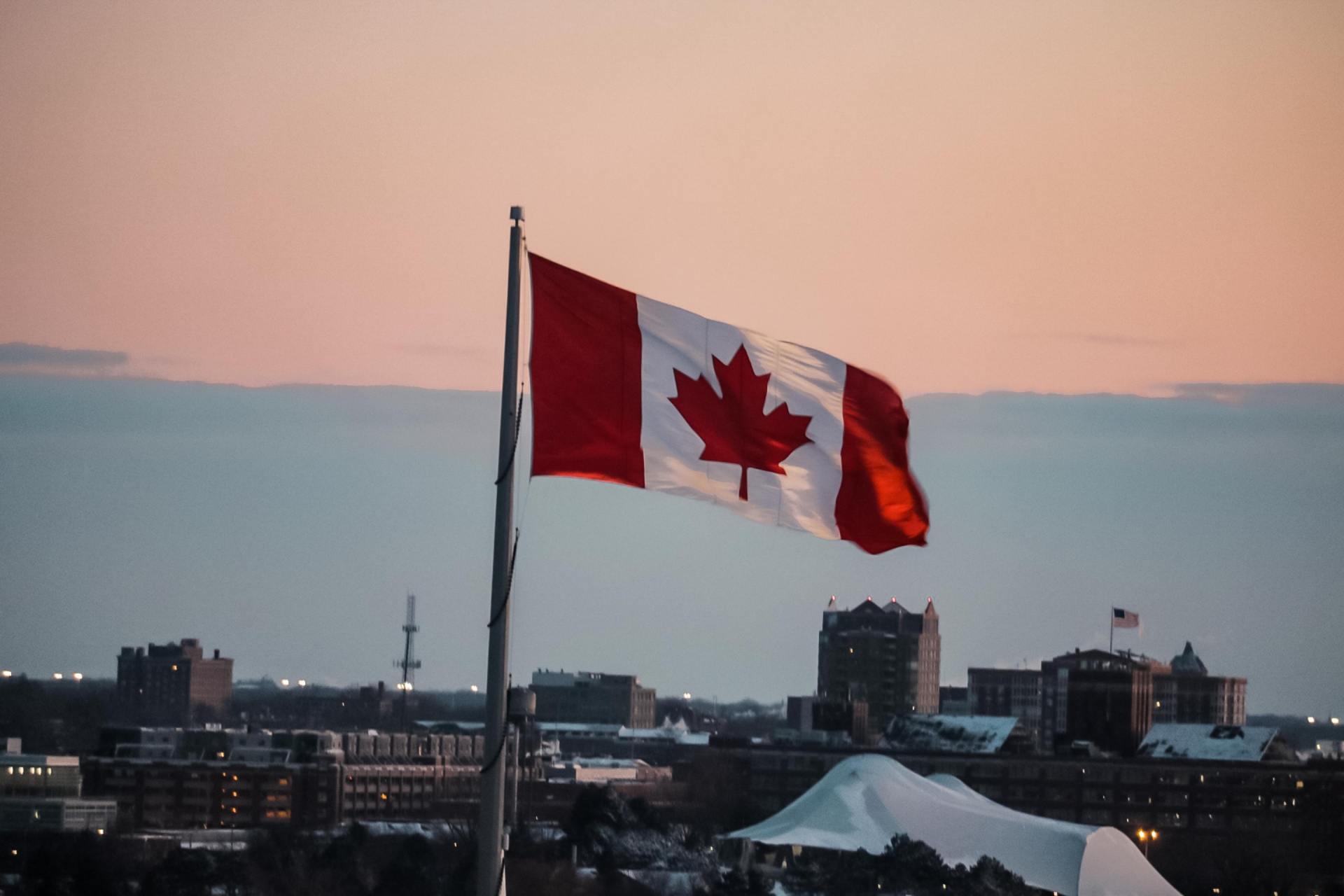Blog Layout
Bodies Found Stored In Conference Rooms As Ottawa Morgues Overflow
Repost from Huffpost • Jan 07, 2020
Cadavers have been left in unusual places at hospitals in Ottawa.
OTTAWA — Lou Burri says a body stored in a hospital conference room first set an alarm bell ringing in his head last October.
View Original Article
The hospital denies that happened, but the union leader at the Ottawa Hospital says his members have kept encountering cadavers in unexpected parts of its buildings, because there are more bodies than the hospital can contain in its morgues.
Burri said the issue has grown as the hospital’s infrastructure is stretched further beyond capacity, with no evident way to clear the overflow.
“I’ve been talking to senior management at the Ottawa Hospital and they’re not happy that this is going on. They don’t have the money to do anything — it’s all funding, everything’s funding,” Burri said.
“It is a black eye for the Ottawa Hospital, for sure. They strive on being health care leaders and it’s unfortunate this is happening, but maybe this will light a fire on trying to get some stuff resolved for them.”
The hospital has two major campuses and is the largest health institution in the capital.
In a statement, the hospital said bodies had to be placed outside morgues during “an extraordinary period in December.” Space once used for autopsies has been converted to manage the “unexpected surges in demand,” the statement said, adding that conference rooms aren’t used to house bodies.
The Ottawa Hospital suggested its experience was not unique: “Because of the growing aging population, the shortage of morgue spaces is a challenge for many hospitals across the province.”
In Vancouver, the opioid epidemic has put a strain on resources. In Alberta, the province’s chief medical examiner had to rent a refrigerated trailer last year after an Edmonton morgue reached capacity.
It’s not going to get better. In fact, it’s going to get worse with an aging population.
In Ontario, the provincial auditor general flagged the issue in her most recent report in early December. Bonnie Lysyk noted that one hospital in the province kept bodies in hallways, or in body bags ``sometimes stored side by side or on top of each other in storage spaces″ because it had nowhere else to put them.
“It’s not going to get better. In fact, it’s going to get worse with an aging population,” said Allan Cole, vice-president of the Funeral Services Association of Canada.
Ottawa’s hospitals conduct autopsies on many people who die in and around the region and bodies can sit for weeks or longer before they are claimed, if they are claimed at all.
Ontario’s chief coroner reported in June that there were 473 unclaimed bodies in 2018, an increase from the 401 in 2017. The office attributed that rise to better figures from a centralized tracking system. Figures for 2019 are not yet available.
The claiming process can be relatively fast for someone who dies in hospital _ a funeral home often takes charge of a body almost right away _ but can take longer if an autopsy is required or a body is brought in from the surrounding community.
“Usually people claim _ the families and others claim the body soon after the autopsy is completed,” said Dr. Louise McNaughton-Filion, the regional supervising coroner in Ottawa.
“And there is the other group where somebody passes away in the community and the body has to be stored until family is found, or next-of-kin is found.”
A difficult search for a next-of-kin involves police and checks of financial records, required under provincial law. When that fails, municipalities become responsible for burials.
In the meantime, the unclaimed bodies take up space in hospitals. McNaughton-Filion said each hospital usually has its own morgue, but the type and size can vary.
Down the highway from Ottawa is another regional centre in Kingston, Ont.
Kingston Health Sciences Centre’s chief operating officer, Troy Jones, said the hospital faces “challenges accommodating a high number of deceased persons in its morgue from time to time,” usually from delays in release. Those challenges, he said, should ease when a planned redevelopment of Kingston General Hospital enhances the morgue space.
This report by The Canadian Press was first published Jan. 7, 2020.
By jgreen
•
14 Jan, 2021
L’ASFC élabore un « dossier de soutien à la vaccination » à l'intention des députés
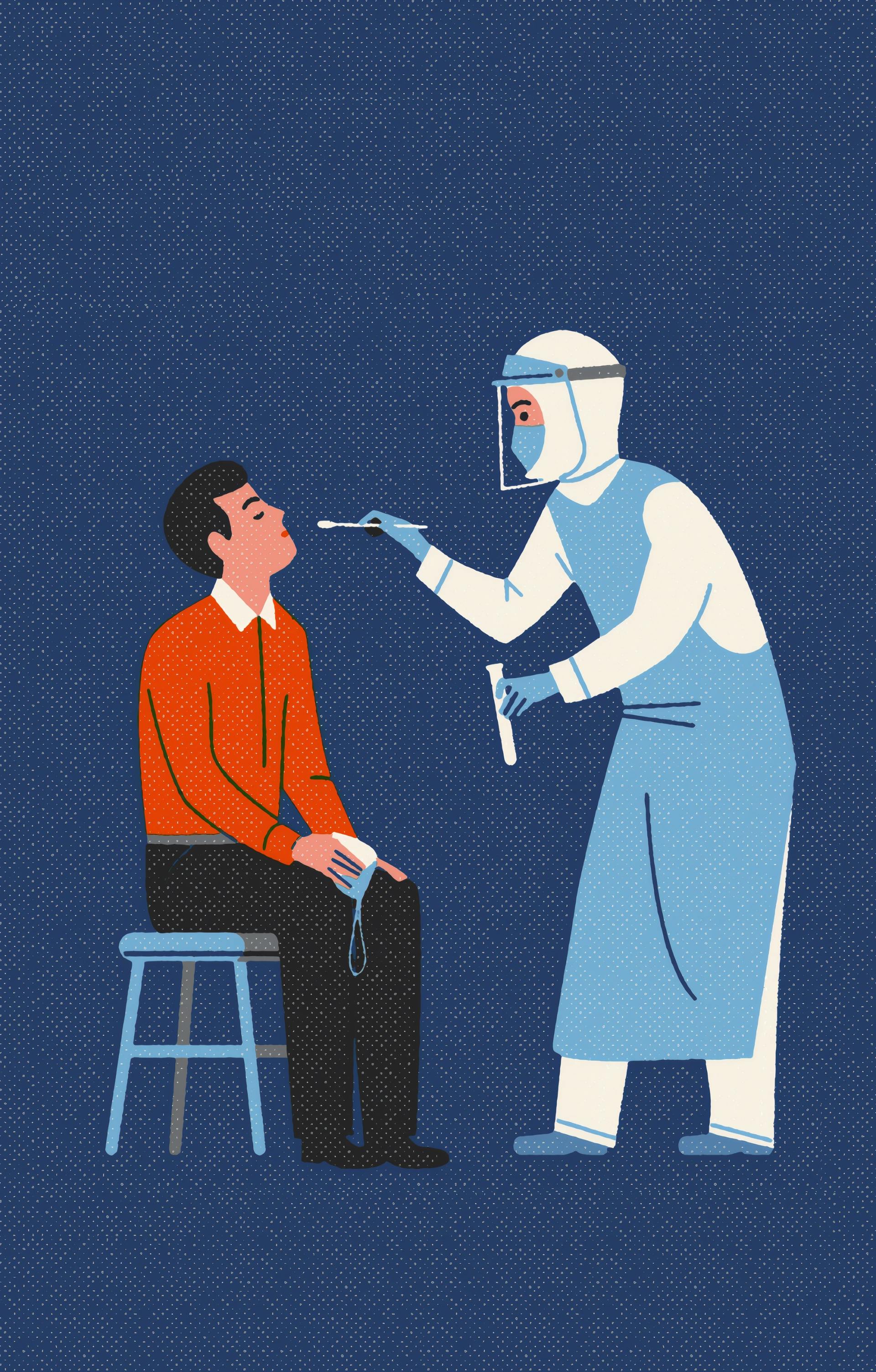
Information on Coronavirus disease (COVID-19) / Mise à jour : Informations sur maladie à coronavirus
By Kerry Robinson
•
07 Jan, 2021
Information on Coronavirus disease (COVID-19)
By jgreen
•
08 Dec, 2020
FSAC Receives Acknowledgement of Priority Consideration for Vaccine
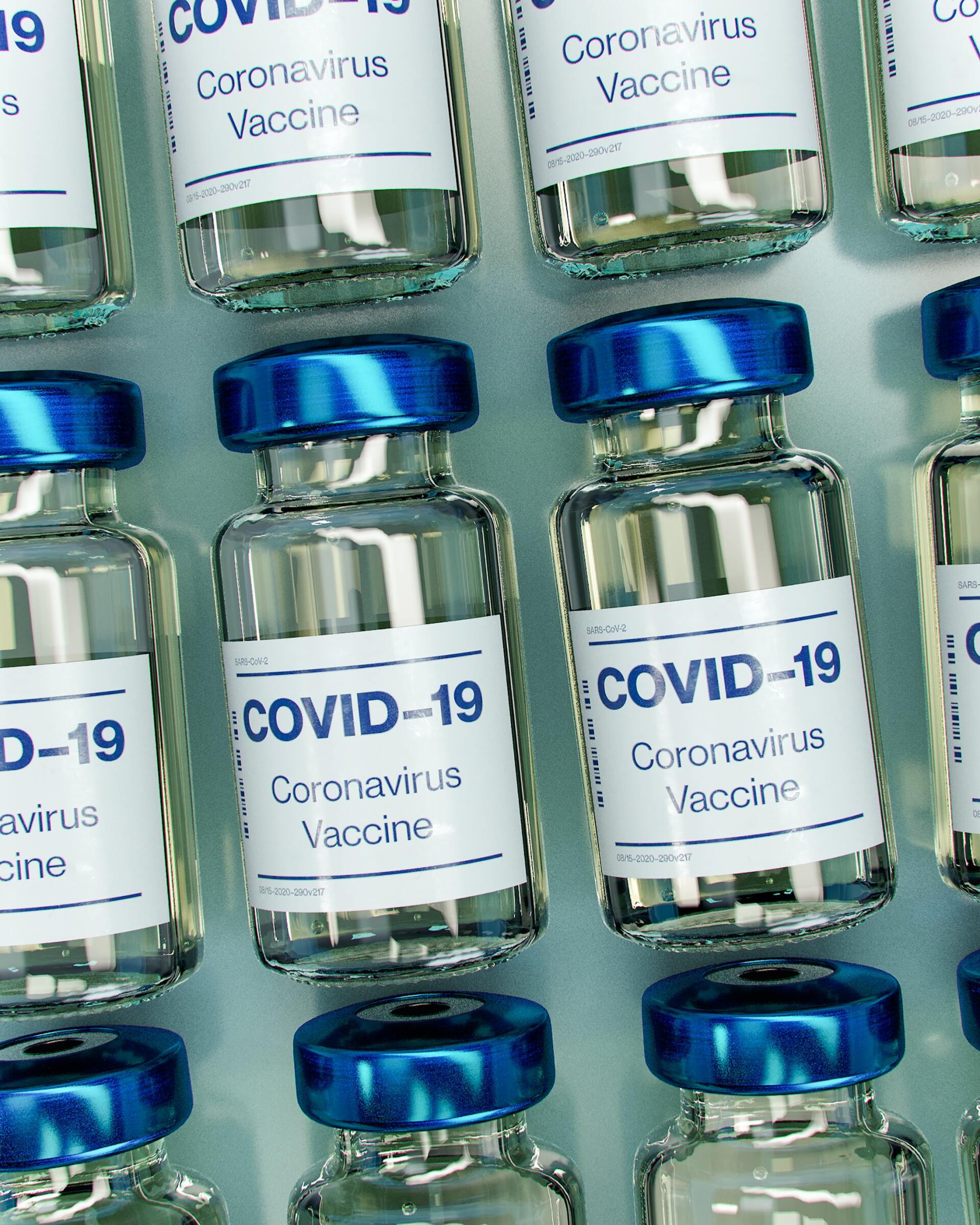
By Allan Cole
•
03 Dec, 2020
December 3 rd , 2020 Dr. Matthew Tunis Executive Secretary, National Advisory Committee on Immunization 130 Colonnade Road Ottawa, Ontario K1A 0K9 Dear Dr. Tunis, Throughout the COVID-19 pandemic, deathcare workers in Canada have worked alongside frontline healthcare workers to ensure that the deceased from the virus are safely dealt with. We have appreciated Health Canada’s and the Public Health Agency of Canada’s support with the provinces to ensure that our sector is supplied with personal protective equipment (PPE) and through other means. However, as news emerges of potential vaccines on the horizon, I am writing you regarding the priority sequence for vaccination. While we encourage frontline healthcare workers who deal with COVID-19 patients on a daily basis to be at the top of the list for vaccinations, we believe because of the risk that our sector takes on that deathcare workers should have priority over the general public. When an individual passes away from COVID-19, the responsibility falls to deathcare workers to ensure that the body is properly dealt with in a safe manner in order to not spread the disease further. Our workers attend the facilities in which the death occurred and interact with staff that have been directly exposed to the virus, which represents an increased risk to the individual. While deathcare workers have been specifically trained to minimize risk through procedural alterations and use of PPE, this does not remove the potential for infection completely. This is why we believe the federal government must work with its provincial counterparts in ensuring that deathcare workers are included in the list of priority for vaccination. The National Academies of Science Engineering and Medicine (NASEM) in the U.S. recently released their framework which included deathcare workers in the highest priority phase for vaccine allocation, and we believe Canada should follow suit. Should you have any questions, please feel free to reach me at info@fsac.ca . We understand that your office is preoccupied with this situation, and appreciate any time you can give to considering our members. Thank you, Allan Cole President Funeral Service Association of Canada 800-1730 boul. St. Laurent Blvd., Ottawa, ON K1G 3Y7 613-505-0277 · info@fsac.ca · www.fsac.ca


